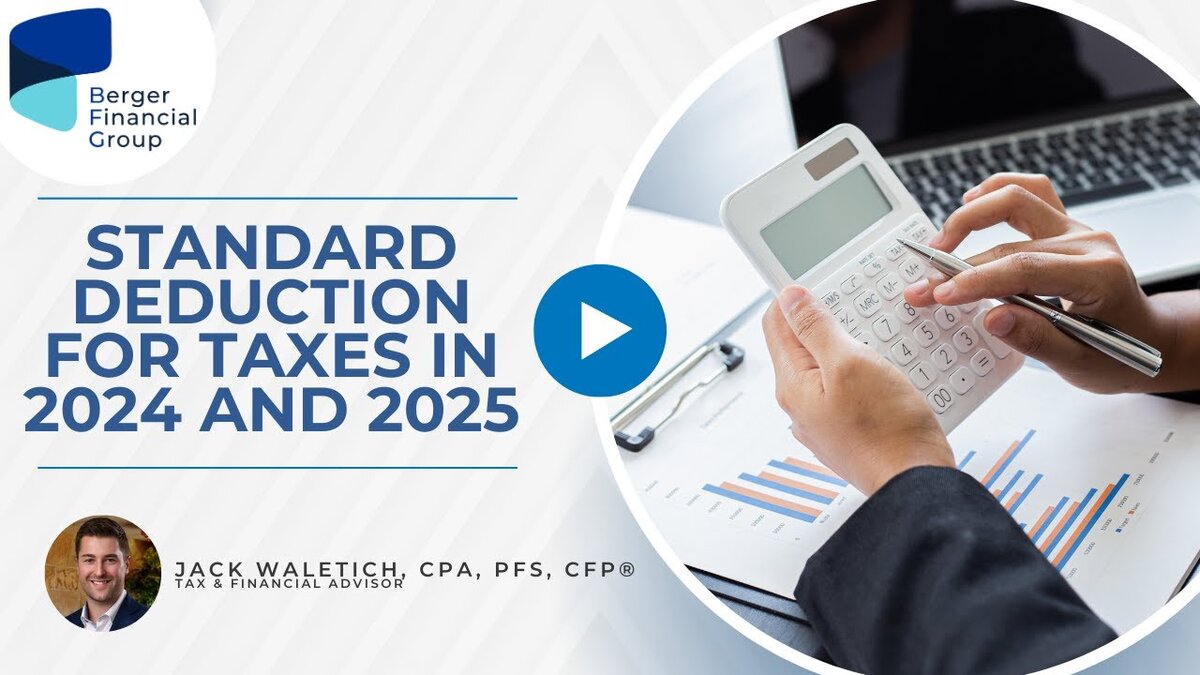Have you ever wondered what happens to your financial assets and insurance policies after you pass away? It’s not something we often think about, but planning for the inevitable can save your loved ones a lot of stress and confusion. This is where a beneficiary designation comes into play.
What Is a Beneficiary Designation?
A beneficiary designation is a legal statement indicating who will receive the assets in your account upon your death. This can include financial accounts, insurance policies, retirement funds, and other significant assets. The beauty of a beneficiary designation is that it overrides a will or trust, ensuring your assets are distributed exactly as you wish.
Why Is it Important?
Designating beneficiaries on your accounts is crucial for several reasons. Primarily, it helps in bypassing the probate process. Probate can be time-consuming and expensive, involving court proceedings to validate a will and distribute the assets. By having a beneficiary designation in place, you ensure a quicker and often less costly transfer of assets from you to your designated beneficiaries.
Types of Beneficiaries
Primary and Secondary Beneficiaries
When designating beneficiaries, it’s essential to understand the difference between primary and secondary beneficiaries. The primary beneficiary is the first in line to receive your assets upon your death. However, if the primary beneficiary is deceased, unwilling, or unable to accept the assets, the secondary beneficiary, also known as a contingent beneficiary, will then receive them.
Multiple Beneficiaries
You can designate multiple beneficiaries for your accounts. This means you can specify the percentage of the asset each beneficiary should receive. This flexibility allows you to distribute your assets according to your wishes and ensures that your loved ones are taken care of as you intended.
How to Designate Beneficiaries
The Process
Designating a beneficiary is generally straightforward. Most financial institutions and insurance companies provide forms or online tools to name your beneficiaries. It is crucial to provide clear and accurate information to avoid any confusion or disputes later on.
Keeping it Updated
One of the most important aspects of a beneficiary designation is keeping it updated. Life events such as marriage, divorce, the birth of a child, or the death of a previously designated beneficiary can all necessitate changes to your beneficiary designations. Regularly reviewing and updating your beneficiaries ensures that your assets are distributed according to your current wishes.
Common Mistakes to Avoid
Not Designating a Beneficiary
Failing to designate a beneficiary is a common mistake that can lead to unnecessary complications. If no beneficiary is designated, your assets will likely go through probate, delaying the transfer and potentially incurring additional costs.
Outdated Beneficiary Designations
Another mistake is not updating your beneficiary designations after major life events. An outdated beneficiary designation can result in assets going to someone you no longer wish to benefit, such as an ex-spouse.
Ignoring Contingent Beneficiaries
Neglecting to name contingent beneficiaries can also be problematic. If your primary beneficiary cannot accept the assets and no contingent beneficiary is named, your assets might end up going through probate.
The Legal Aspect
Beneficiary designations are legal statements, and as such, they must comply with the rules of the account or policy. It’s advisable to consult with a legal professional to ensure that your designations are valid and enforceable. This step can prevent potential legal challenges and ensure your wishes are honored.
Conclusion

A beneficiary designation is a critical component of estate planning. It ensures that your financial assets and insurance policies are transferred smoothly and quickly to your chosen beneficiaries, bypassing the lengthy probate process. By understanding the importance of designating and regularly updating beneficiaries, you can provide clarity and peace of mind for your loved ones. Make sure to review your beneficiary designations periodically and consult with professionals to keep everything in order. For personalized assistance and to ensure your beneficiary designations are up to date, contact Berger Financial Group today.






